-
ZERO SUGAR WINE
-
ZERO SUGAR WINE
ALL WINE
-
SHOP BY WINE TYPE
-
SHOP PRE-MIXED CASES
-
SHOP BY DIETARY REQUIREMENT
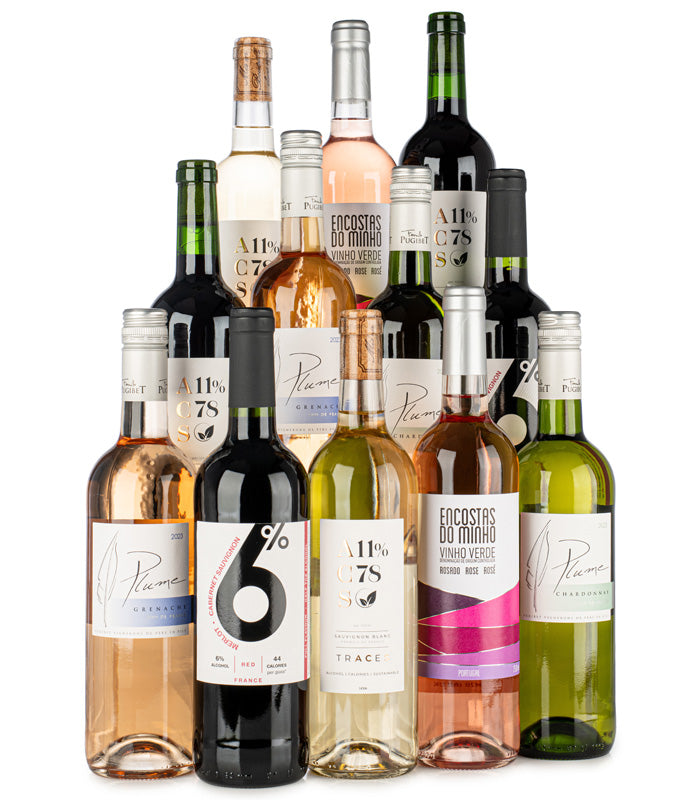
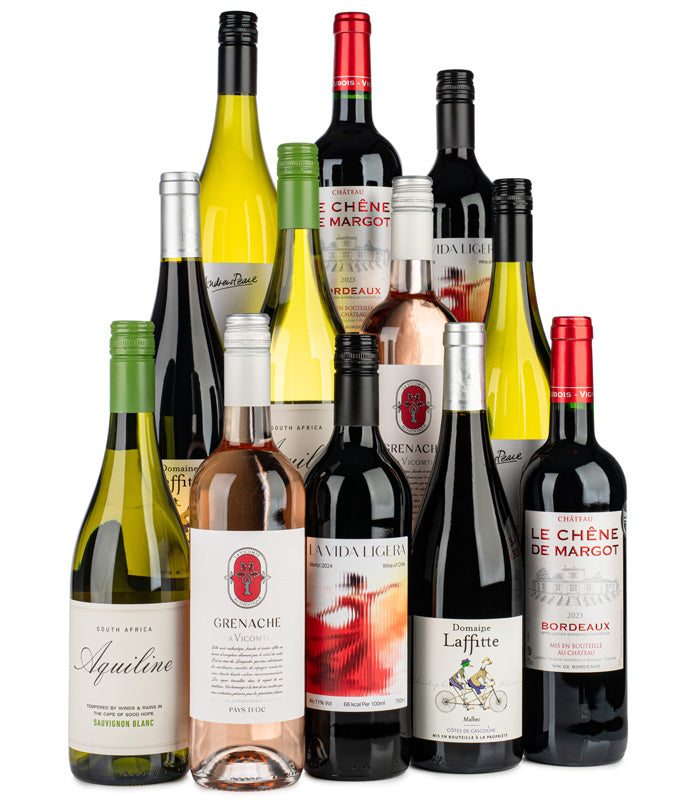
Limited Edition Autumn Case
£129.99 £138.88
TRACES WINE
-
-
LOW CARB BEER
OFFERS
WINE CLUB
LOYALTY


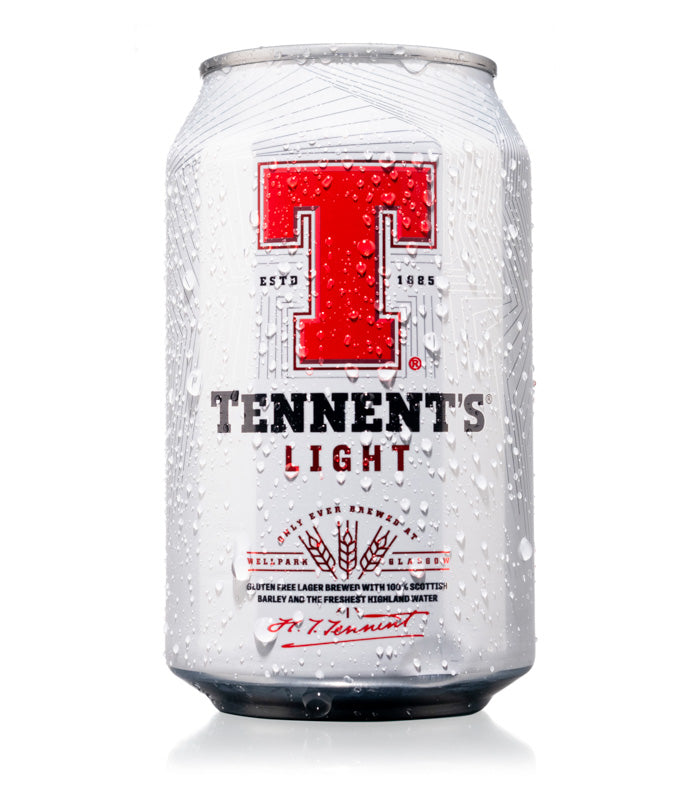
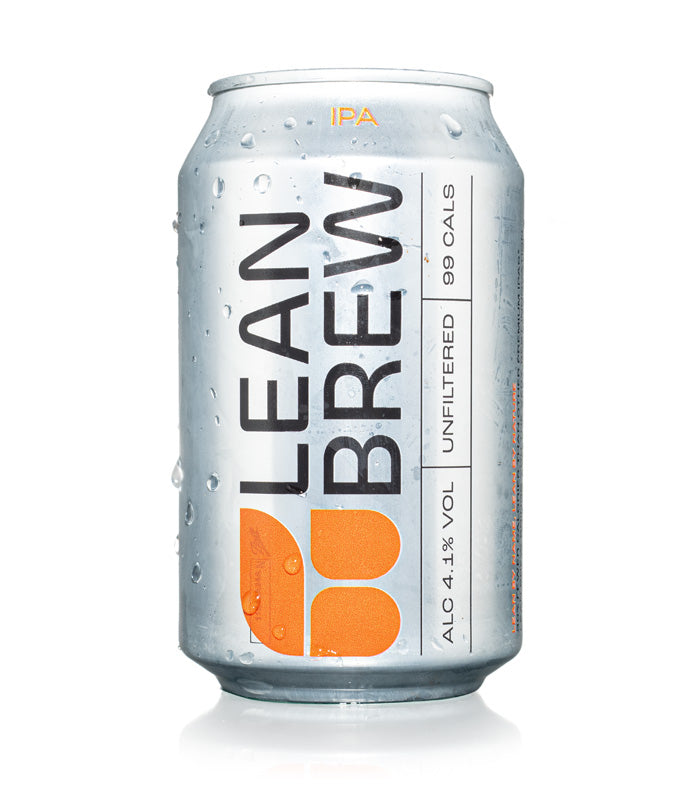
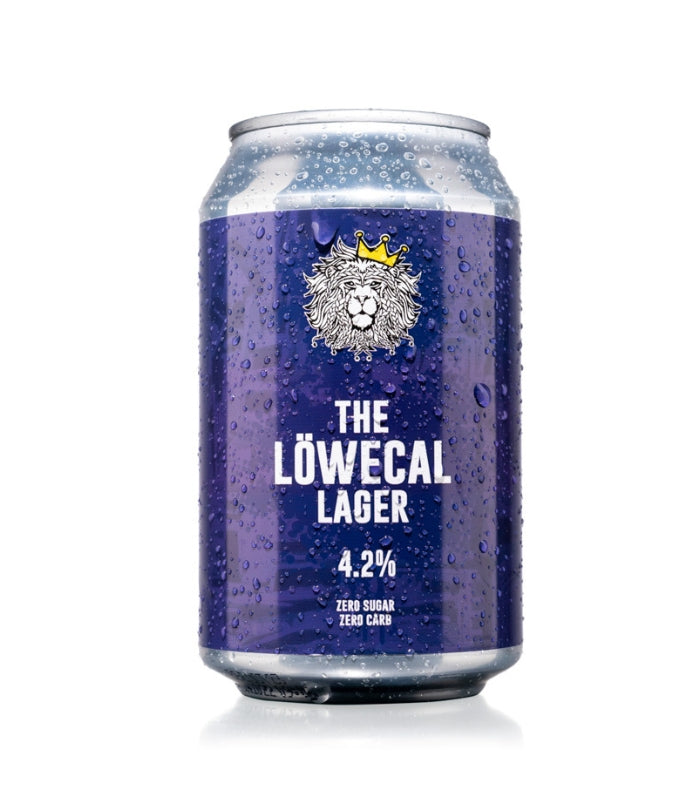

Nearly all of us have experienced heartburn at some point in our lives, and for a lot of people this may be infrequent with no obvious cause. However, many heartburn sufferers find that alcohol is one of the main causes of an onset of acid reflux, which can be debilitating and a sure fire way to bring your night out drinking with your friends to a premature end. In this blog, we will take a look at the link between wine and acid reflux, and whether certain types of wine can be worse for acid reflux than others.
If you suffer from acid reflux, you may prefer wines from a warmer climate, such as the Californian region.
Shop our low calorie wines here.
What is Acid Reflux?
Acid reflux is where stomach acid flows in the tube connecting your mouth and stomach (the esophagus). This causes a burning feeling in the chest, and can also cause other unpleasant symptoms such as a sour taste in the mouth, hiccups, bloating and feeling sick. When this happens frequently, a person may be diagnosed with Gastroesophageal Reflux Disease (GERD), which is estimated to affect around 1 in 5 people.
On many occasions, it may not be clear what causes an episode of acid reflux, but some of the common triggers are certain food and drink (e.g. coffee, tomatoes, alcohol, chocolate or spicy foods), stress and anxiety, being overweight and certain medications such as ibuprofen.
Acid Reflux and Wine
Alcohol can trigger or worsen acid reflux for some people. In fact, a study by Pan et al in 2019 found that there was a significant association between alcohol consumption and the risk of GERD. Some of the reasons that drinking wine might cause you to suffer from heartburn include:
On the other hand, research published in Gastroenterology found that drinking wine could reduce your risk for reflux esophagitis, or irritation of the esophageal lining. Red wine in particular may also possess protective qualities, and research has shown that red wine can kill Helicobacter pylori, a bacteria often present in patients suffering from chronic gastritis. However, contradictory research found that red and white wine both increase the amount of acid produced in your stomach.
Which Wine is Most Acidic?
All wines lie on the acidic side of the pH spectrum, and most range from 2.5 to about 4.5 pH (7 is neutral). The acidic components of wine are fundamental in determining how the wine looks and tastes. Wine contains many different acids, but the most prevalent are tartaric acid, malic acid, and citric acid. There are a number of factors affecting how acidic a wine is, including how ripe the grapes used in the wine are, the climate that the grapes are grown in and how long the wine is aged for.
As well as this, some winemakers choose to add acid to the wine to affect the colours, aromas and flavours. A wine with high acid will usually taste crisper, whilst a low-acid wine will feel smoother and rounder on the palate.
In general, white wines are more acidic than red wines, with sweet white wines being the most acidic. The tartration level (meaning the % of the wine that is acid) of red wine is around 0.6 to 0 .8%, whilst in white wine this rises to between 0.7% and 0.9%.
Which Wine is Best for Acid Reflux Sufferers?
It is not possible to say for definite which wines will be least likely to cause problems for acid reflux sufferers, as different people react differently to different wines, and so what works for one person may be bad for someone else! Finding wines that do not disagree with you may involve a process of trial and error - however as a general rule wines that are less acidic should be less likely to cause heartburn.
Opting for wines that originate from warmer climates is a good start. This is because grapes grown in cooler climates tend to contain higher acidity because there’s less warmth and sunshine available to increase the sugar and pH levels. So where possible, try and go for the Californian variety over the French counterpart! You should also look for wines made from grapes that are naturally low in acid, such a Merlot, Viognier and Greneche Blanc.
Similarly, try to avoid grape varieties that have a natural sharpness and high acidities like Pinot Noir or Sauvignon Blanc. As well as this, aged red wines are typically more mellow and less acidic than younger red wines.
Shop Californian Wines